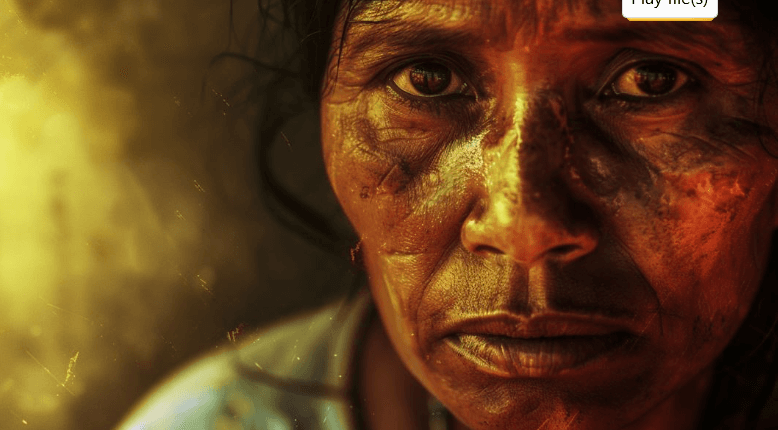In March of 2024, thanks to the government’s decision not to appeal, an immigration judge’s grant of asylum to an APA client from Nicaragua became final, giving “Julia” the safety and peace of mind she has sought since fleeing her country more than a year ago. Julia first had problems with the government in 2018. Like many Nicaraguans, she participated in demonstrations. The police fired on demonstrators and many were wounded or killed. She also worked at a hospital that cared for the wounded, and when the authorities came to her home snooping, she refused to provide them with information on a man who had been treated at the hospital. The authorities then accused Julia of being an accomplice to treason. At first, she was under surveillance; then, she was fired from her job without explanation.
Julia moved from Managua to a different part of the country and later returned to a different part of the capital, but the police came to her new job often, saying they had information about her and threatening her with jail if she wasn’t careful. Another reason for their interest in her was her long-term involvement in a group that supports domestic violence survivors. This group and many others were officially banned but had been continuing to meet. Ultimately, Julia was so afraid of being arrested for her views and activities that she decided she had no choice but to leave the country.
As it typically does, APA made an arrangement for representation in Julia’s case that we call “mixed bono.” The attorney, Siovhan Ayala, agreed to represent Julia for a low fee; the APA made a downpayment, and the client, who was able to obtain a work permit, then paid the balance with monthly payments. What also made the arrangement work smoothly for all parties was the upfront work by APA volunteer attorney Erika Kreider, who helped Julia prepare and file her asylum application before Siovhan accepted the case. Without APA’s support, Julia might have had to represent herself in immigration court, a daunting task that can lead to wrongful denials based on misunderstandings, inadequate preparation, or a lack of corroborating evidence.
Afghan Military Trainee Hunted by Taliban Granted Asylum
Through a program linked with NATO, “Aamir” lived abroad, receiving military training and a free college education in exchange for working for the Afghan National Army (ANA). He had just graduated when the Taliban took over…



